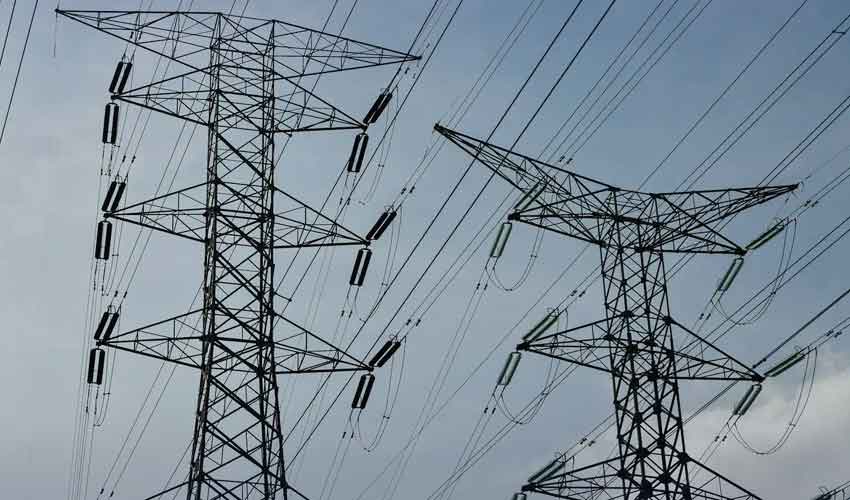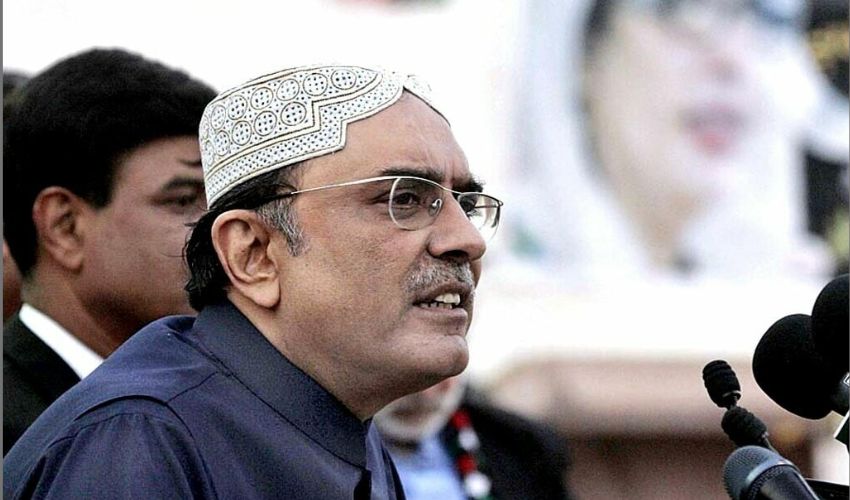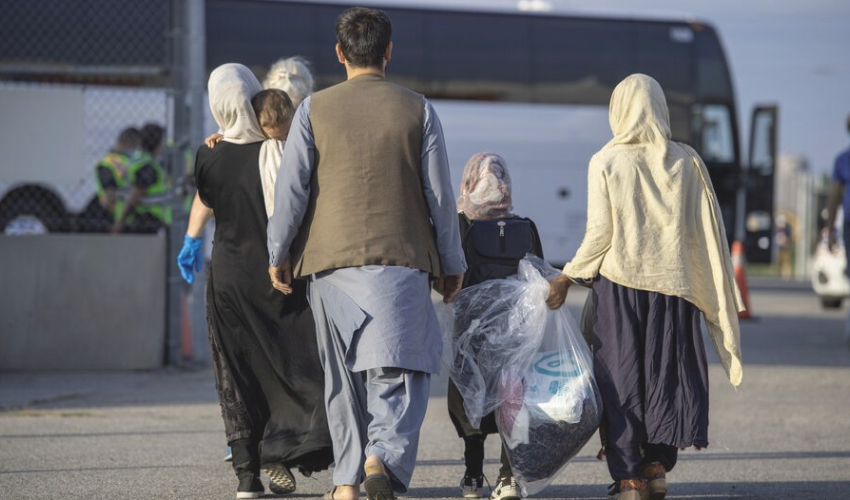Bangladesh has resumed direct trade with Pakistan for the first time since it came into being in 1971, with the first shipment of 50,000 tonnes of rice leaving Port Qasim under a government-to-government deal, officials said.
The deal follows an improvement in diplomatic relations since an interim government in Bangladesh led by Nobel laureate Muhammad Yunus taking over in the wake of the protests that drove then-prime minister Sheikh Hasina out of the country.
The new agreement, finalized earlier this month, sees Bangladesh purchasing white rice from Pakistan at $499 per ton through the Trading Corporation of Pakistan. The shipment will be delivered in two phases, with the remaining 25,000 tonnes expected in early March.
However, the price of rice is higher than that of rice from Vietnam, which Bangladesh has been importing at $474.25 per ton.
The government has been battling to stabilize the rice market, as prices have risen by 15-20% in recent months, with medium-quality rice selling at around 80 taka ($0.66) per kilo.
To control rice prices, the government is importing more rice from international markets, including through tenders, and has scrapped import duties.
Pakistan’s diplomacy has revitalized ties with Bangladesh, pushing bilateral trade past $1 billion. After 15 years, Pakistan exported 26,000 metric tons rice. Demand for Pakistani cotton, sugar & textiles is surging, while Bangladeshi jute, pharma, and garments are gaining traction in Pakistan. Direct flights and online visas are cementing the bond.
The new Bangladeshi leadership is pivoting towards Pakistan. This shift, driven by army chief General Asim Munir and SIFC’s strategic vision, opens fresh economic avenues and reduces India’s influence in the region.
With China in the mix, this trilateral cooperation is a blow to India’s dominance. Gwadar Port, CPEC expansion, and defense ties are reshaping South Asia’s geopolitics, solidifying Pakistan’s role and countering India’s ambitions, thus adding to Indian nervousness.


























